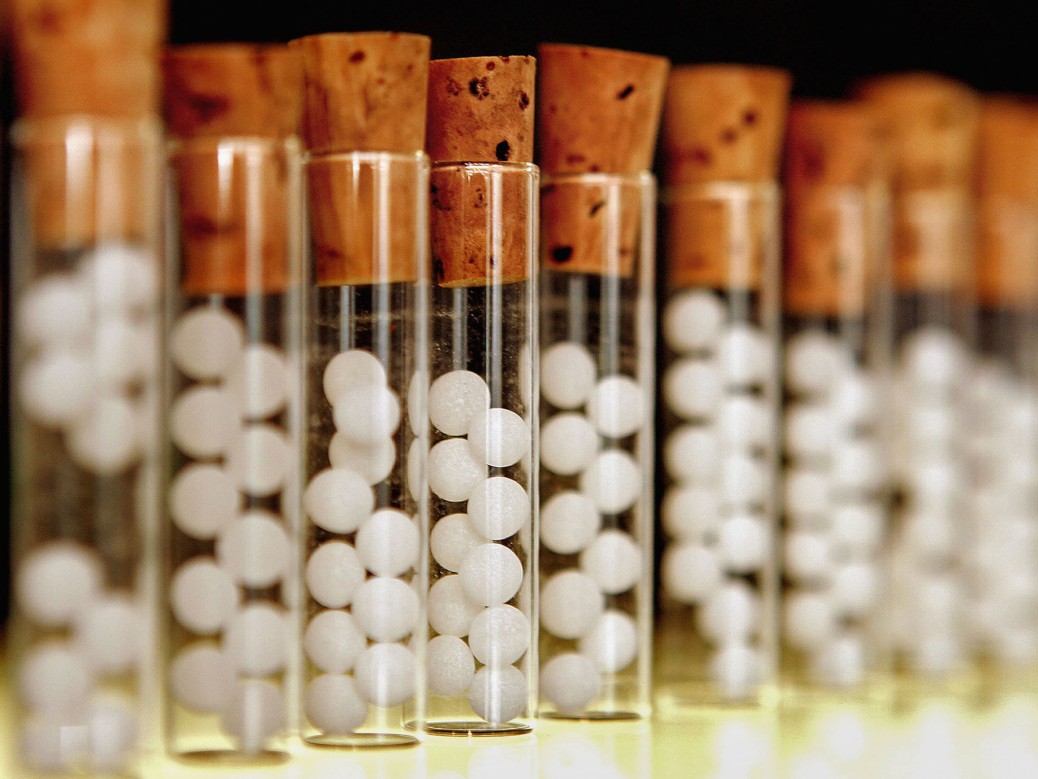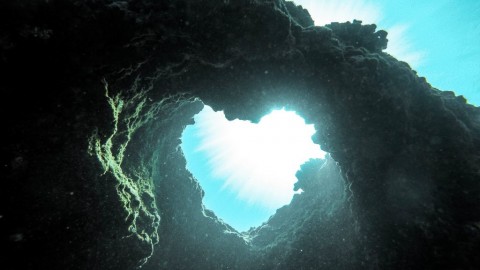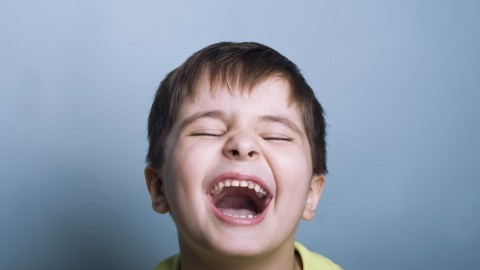Bipolar disorder, formerly called manic depression, is a mental health condition that causes extreme mood swings that include emotional highs (mania or hypomania) and lows (depression).
When you become depressed, you may feel sad or hopeless and lose interest or pleasure in most activities. When your mood shifts to mania or hypomania (less extreme than mania), you may feel euphoric, full of energy or unusually irritable. These mood swings can affect sleep, energy, activity, judgment, behavior and the ability to think clearly.
- Bipolar I disorder. You’ve had at least one manic episode that may be preceded or followed by hypomanic or major depressive episodes. In some cases, mania may trigger a break from reality (psychosis).
- Bipolar II disorder. You’ve had at least one major depressive episode and at least one hypomanic episode, but you’ve never had a manic episode.
- Cyclothymic disorder. You’ve had at least two years – or one year in children and teenagers – of many periods of hypomania symptoms and periods of depressive symptoms (though less severe than major depression).
- Other types. These include, for example, bipolar and related disorders induced by certain drugs or alcohol or due to a medical condition, such as Cushing’s disease, multiple sclerosis or strok bipolar disorder can occur at any age, typically it’s diagnosed in the teenage years or early 20s. Symptoms can vary from person to person, and symptoms may vary over time.
Mania And Hypomania
Mania and hypomania are two distinct types of episodes, but they have the same symptoms. Mania is more severe than hypomania and causes more noticeable problems at work, school and social activities, as well as relationship difficulties.
Mania may also trigger a break from reality (psychosis) and require hospitalization. Both a manic and a hypomanic episode include three or more of these symptoms:
- Abnormally upbeat, jumpy or wired
- Increased activity, energy or agitation
- Exaggerated sense of well-being and self-confidence (euphoria)• Decreased need for sleep
- Unusual talkativeness
- Racing thoughts
- Distractibility
- Poor decision-making – for example, going on buying sprees, taking sexual risks or making foolish investments
Major Depressive Episode
A major depressive episode includes symptoms that are severe enough to cause noticeable difficulty in day-to-day activities, such as work, school, social activities or relationships. An episode includes five or more of these symptoms:
- Depressed mood, such as feeling sad, empty, hopeless or tearful (in children and teens, depressed mood can appear as irritability)
- Marked loss of interest or feeling no pleasure in all — or almost all — activities
- Significant weight loss when not dieting, weight gain, or decrease or increase in appetite (in children, failure to gain weight as expected can be a sign of depression)
- Either insomnia or sleeping too much
- Either restlessness or slowed behavior
- Fatigue or loss of energy
- Feelings of worthlessness or excessive or inappropriate guilt
- Decreased ability to think or concentrate, or indecisiveness
- Thinking about, planning or attempting suicide
Signs and symptoms of bipolar I and bipolar II disorders may include other features, such as anxious distress, melancholy, psychosis or others. The timing of symptoms may include diagnostic labels such as mixed or rapid cycling. In addition, bipolar symptoms may occur during pregnancy or change with the seasons.
Causes
The exact cause of bipolar disorder is unknown, but several factors may be involved, such as:
- Biological differences. People with bipolar disorder appear to have physical changes in their brains. The significance of these changes is still uncertain but may eventually help pinpoint causes.
- Genetics. Bipolar disorder is more common in people who have a first-degree relative, such as a sibling or parent, with the condition. Researchers are trying to find genes that may be involved in causing bipolar disorder.
Risk Factors
Factors that may increase the risk of developing bipolar disorder or act as a trigger for the first episode include:
- Having a first-degree relative, such as a parent or sibling, with bipolar disorder
- Periods of high stress, such as the death of a loved one or other traumatic event
- Drug or alcohol abuse
Complications
Left untreated, bipolar disorder can result in serious problems that affect every area of your life, such as:
- Problems related to drug and alcohol use
- Suicide or suicide attempts
- Legal or financial problems
- Damaged relationships
- Poor work or school performance
Co-Occurring Conditions
If you have bipolar disorder, you may also have another health condition that needs to be treated along with bipolar disorder. Some conditions can worsen bipolar disorder symptoms or make treatment less successful. Examples include:
- Anxiety disorders
- Eating disorders
- Attention-deficit/hyperactivity disorder (ADHD)
- Alcohol or drug problems
- Physical health problems, such as heart disease, thyroid problems, headaches or obesity
Prevention
- Pay attention to warning signs. Addressing symptoms early on can prevent episodes from getting worse. You may have identified a pattern to your bipolar episodes and what triggers them. Call your doctor if you feel you’re falling into an episode of depression or mania. Involve family members or friends in watching for warning signs.
- Avoid drugs and alcohol. Using alcohol or recreational drugs can worsen your symptoms and make them more likely to come back.
- Take your medications exactly as directed. You may be tempted to stop treatment – but don’t. Stopping your medication or reducing your dose on your own may cause withdrawal effects or your symptoms may worsen or return.
Homoeopathic Treatment
1. Ignatia Amara: Homeopathic medicine for bipolar disorder in depressive phase Ignatia Amara is a homeopathic medicine used for depressive phase of bipolar disorder.
Persons who need prescription for Ignatia Amara suffer episodes of sadness, hopelessness, unhappiness and weepiness. Other symptoms include a desire for loneliness, brooding in solitude and getting offended easily. A history of grief, disappointments, loss of loved ones or broken relationships are said to be at the root of such cases. Rapidly altering moods – from sadness to happiness, weeping to laughing – are other unique symptoms to look out for while prescribing Ignatia Amara.
2. Lachesis Muta and Veratrum Album: Best Homeopathic medicine for bipolar disorder in manic phase
Lachesis Muta and Veratrum Album are good homeopathic medicines for bipolar disorder in its manic phase. Symptoms guiding use of Lachesis Muta are increased mental activity, excitement, irritability, restlessness, violent behaviour, need to do everything rapidly and loud bursts of anger. Other symptoms are excessive talkativeness, mania for work and shopping. Homeopathic medicine Veratrum Album is most useful in case of violent mania with shrieking, desire to cut or tear things. A plethora of laughing, scolding and running from place to place are other symptoms such persons show. This violent mania alternates with silence.
3. Aurum Metallicum: Homeopathic medicine for bipolar disorder with extreme hopelessness and suicidal thoughts.
Aurum Metallicum is an excellent homeopathic medicine for bipolar disorder in which the major symptoms are extreme hopelessness with thoughts of suicide. Persons prescribed with homeopathic medicine Aurum Metallicum will be sad and feel that life is a burden. Their self-esteem is low and they are severely critical of themselves. They long for death with constant thoughts of suicide.
4. Staphysagria: Wonderful Homeopathic medicine for bipolar disorder with sudden bursts of anger.
In case of bipolar disorder where persons suffer from sudden bursts of anger, homeopathic medicine Staphysagria is the best prescription. Such persons will have a tendency to suppress anger, but will be given into sudden fits of rage during which they are likely to throw or break things. Poor self-confidence, self-pity, reproaching oneself, getting offended easily and feelings of worthlessness are seen. Case analysis will reveal a history of some sort of humiliation, guilt, physical/sexual abuse.
5. Medorrhinum: Top Homeopathic medicine for bipolar disorder with severe mood swings.
Medorrhinum is the most useful, natural and safe homeopathic medicine for bipolar disorder with extreme mood changes. Hurriedness, anxiety, restlessness, impatience and abruptness are some other guiding symptoms for its prescription. Other accompanying symptoms are rudeness, excitement and high sex drive. These are generally followed by a depressive phase, where symptoms such as sadness, gloominess, tearfulness and hopelessness are seen.
Tags: Bipolar disorder And Homoeopathy










Behtarin